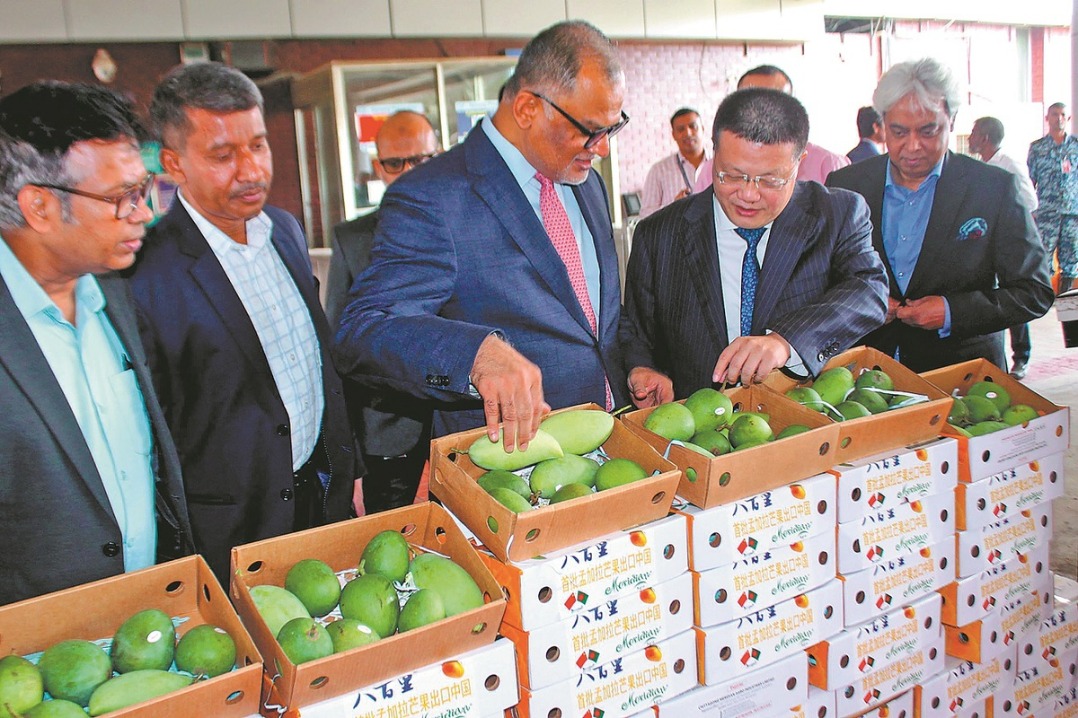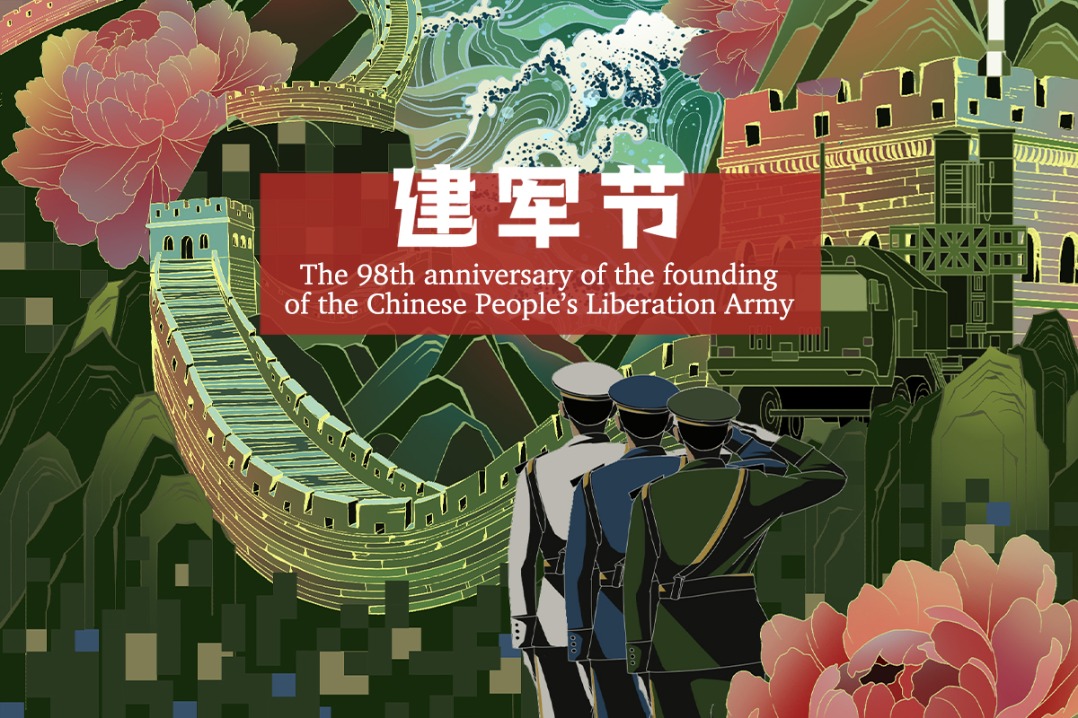AI coming to primary and secondary schools to maximize learning by machine

"Confucius, does the phrase 'To learn and constantly review what one has learned, isn't that a delight?' mean that we should frequently review our lessons?"
In a fourth-grade classroom at Xinyilu Primary School, Qinhuangdao, Hebei province, a student posed this question to a virtual figure on the screen. The digital "Confucius", dressed in traditional attire, nodded gently and replied, "Indeed. By revisiting what one has learned, one can gain new insights."
With the integration of artificial intelligence-powered virtual teaching assistants, historical figures can now come to life in classrooms, providing students with an interactive learning experience.
The deep integration of AI and education will bring about major changes to education and the way schools are organized, says Xue Lan, dean of the Schwarzman College at Tsinghua University. "As a personalized learning hub, AI offers limitless possibilities."
The Tianjin Huiwen Middle School has gone through three stages of AI exploration in education.
In 2017, it organized a sci-tech club to engage a small group of students interested in AI, allowing them to try out for robotics and other competitions. By 2022, the school was determined to broaden the reach of its AI education programs.
It specially created sci-tech innovation courses covering robots, drones and the annual robot competition, RoboMaster, to expand the variety of AI education.
AI has now been integrated into daily teaching at the school, and serves as a teaching assistant bringing new experiences to traditional education.
The development of AI education at Huiwen is similar to other schools in China. Educators widely acknowledge AI's transformative impact on classroom efficiency.
"As part of our school's digital transformation, every classroom is now equipped with smart interactive boards and AI-powered virtual assistants, enabling real-time human-machine interaction," says Principal Yao Hairong of Xinyilu Primary School. "This not only enhances teaching efficiency but also significantly boosts students' learning engagement."
Many parents believe that AI-driven learning makes lessons more engaging and increases interest.
A mother of a fifth-grade student, surnamed Li, says that AI has sparked her daughter's interest in making PowerPoint slides and generating AI templates.
"I hope she will be inspired by this and get to know computer technologies," says Li.
Teachers and parents have also shown concern about the use of AI in the study.
"AI-generated teaching material still has its limitations," says Ni Lili, a teacher at Xinyilu Primary School. "Presentations, speeches and supplementary materials produced by AI often lack personalization and do not fully reflect a teacher's particular style.
"Additionally, AI-generated images and multimedia content sometimes do not align precisely with the given descriptions, requiring manual adjustment," she says.
Parents also expressed concerns that excessive reliance on AI may weaken problem-solving abilities.
"When my child encounters a difficult question, her first instinct is to ask AI for the answer instead of thinking through the problem herself," Li says.
Education experts emphasize that AI should serve as a tool to support student thinking rather than as a substitute for independent reasoning.
"AI in education should focus on guided learning, helping students develop problem-solving skills, rather than simply providing answers," one expert says.
In February 2024, 184 schools were chosen as pilot centers to explore the philosophies, models and programs of AI education. The goal is to develop exemplary cases and experience that can be promoted on a larger scale.
In order to support the integration of AI into basic education, the Ministry of Education issued a directive in late 2024 outlining key objectives for advancing AI in primary and secondary education.
The plan aims to establish a structured AI curriculum, promote AI-driven teaching and assessment, and achieve full AI education in primary and secondary schools by 2030, equipping students with AI literacy and practical skills.
Xinhua


Today's Top News
- China sees growth in number of tourist trips and spending in the first half
- Xi, Nepalese president exchange congratulations on 70th anniversary of ties
- Relief efforts intensified as rain death toll mounts
- Cultural insight helps chart path to urbanization
- People's war principle drives PLA development
- SCO summit poised for fruitful outcomes































